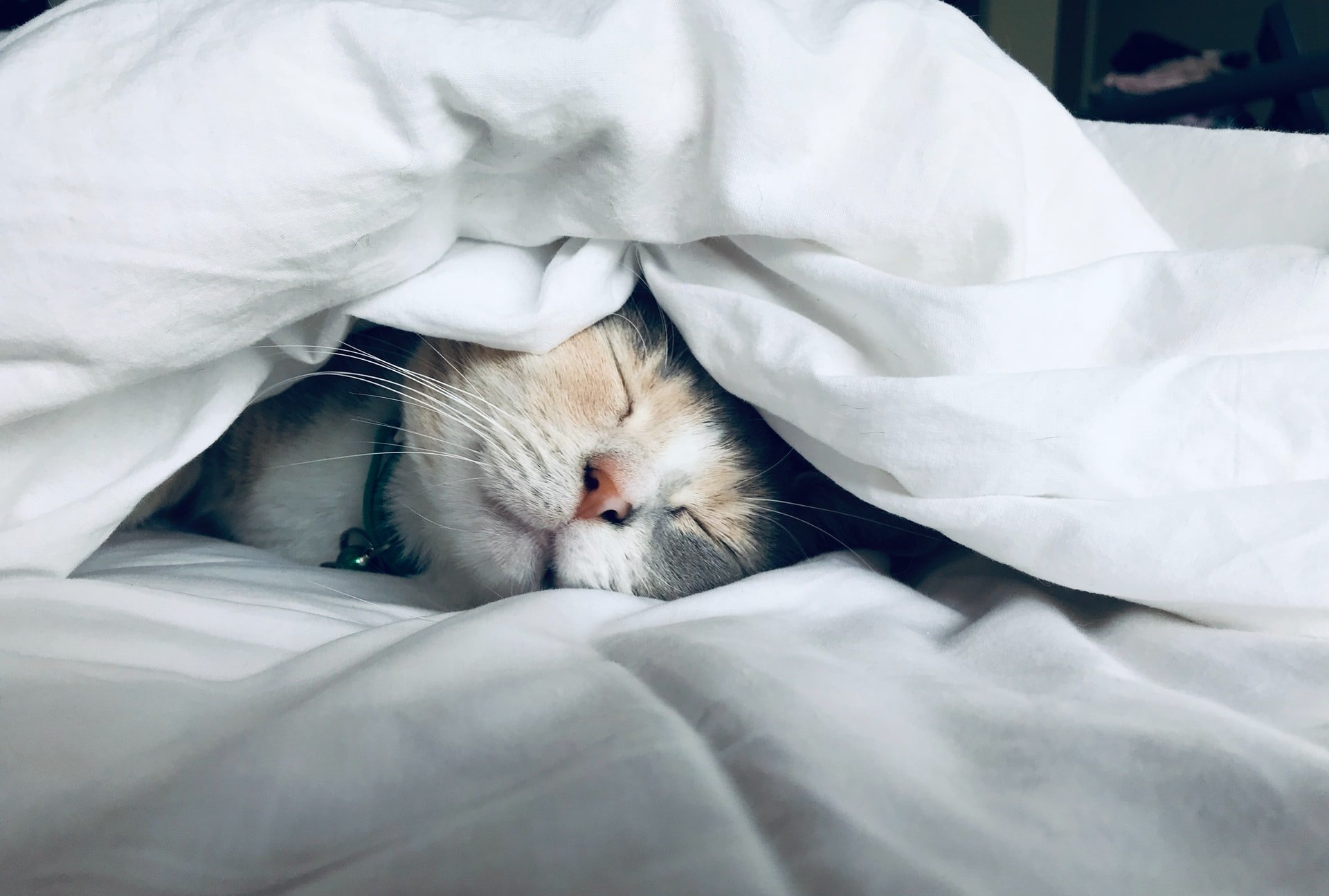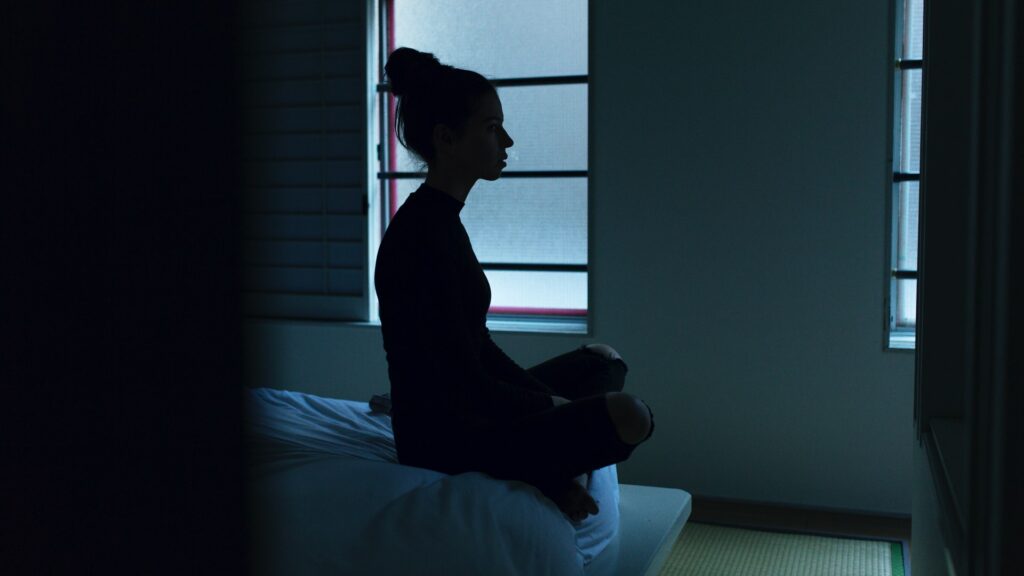
5 Rules that Anyone Can Follow to Simplify Sleep
For many people, sleep can be a complicated bedfellow. Whether you're well rested some nights and not others or you just can't seem to get enough sleep at all, it can often seem like the dream of the perfect night's rest is out of reach. In fact, only 6% of British people are, on average, getting at least 8 hours every night (Chemist4U), which shows it's a widespread problem.
However, while there are quite a few serious medical reasons why you might not be getting enough sleep, there's a very good chance that something in your daily routine is holding you back. Getting good sleep doesn’t have to be complicated, and that's why we've put together five simple rules that almost anyone can follow to get better rest.
Rule 1: Choose a bedtime and waking up time
The first golden rule of simple sleep is to choose a bedtime and a waking time and stick to them as rigidly as possible. This advice comes before the others as it essentially sets up the goalposts for the ideal night's rest, giving you something you can work the rest around.
This rule is important because your body clock loves a sleep pattern it can adapt to. So, if you have a regular bedtime, your brain will get acclimatised to it and begin to make you feel drowsy and ready for sleep at the right time. Similarly, if you regularly get up at a certain time, your body clock will get used to making you more alert. As a result, you'll be primed for sleep between these two times.
Rule 2: Don't spend too long trying to fall asleep

When you're having trouble sleeping, it's best not to spend too long trying to get to sleep. If, after 20–30 minutes, you aren't any closer to grabbing some shut eye, don't stress yourself out and do something you find relaxing, such as listening to a podcast or reading a book.
This is a rule worth following because the longer you spend chasing sleep when your body simply is not ready, the more likely you are to get frustrated and harm your chances of falling asleep later. It's also worth keeping in mind that getting five hours of uninterrupted sleep is better than dozing on and off for seven hours as your body will still be able to experience some deep, restorative sleep.
Rule 3: Ensure you've got the right sleeping conditions
Your body needs the right conditions to sleep comfortably, so you'll need to make sure your bed and bedroom are set up in a way that promotes healthy rest.
The ideal sleeping temperature is between 16–18⁰C, so you may need to adjust your thermostat so that your room is cooler in the evenings. We also find it easier to sleep in darkness, so if you still get light entering your window, it's worth considering blackout blinds or heavy curtains to shut it out.
Another thing to consider is how comfy and supportive of your bed is, as it's much harder to get to sleep if you're in discomfort. If your mattress is old or worn, you might consider investing in a new memory foam model or giving it a new lease of life with a memory foam mattress topper. Picking the correct mattress for how you sleep is important too, so be sure to check out our guides to choosing the right mattress for front, back, and side sleepers.
Rule 4: Avoid disruptive food and drink before bed

When it starts to get late in the day, there are certain types of food and drink you should avoid if you don't want them disrupting your sleep. There are the obvious ones, such as coffee, sugary drinks and snacks, and alcohol, but there are also some you might not be aware of, like spicy and high-fat foods.
There are also certain foods that are thought to promote sleep, such as fish, pasta, and yoghurt, as well as a few drinks, like milk and herbal teas. Be sure to read our blog post on sleep and diet to get a few more recommendations to aid your rest.
Rule 5: Develop a winding down ritual
In rule one, we outlined how humans are creatures of habit that thrive on having a routine for sleep. Well, that also applies to the hours leading up to bedtime, as you can train your body to recognise that rest is just around the corner by getting into the habit of doing the same activities before bed.
For example, in the hour or two leading up to your bedtime, you could have a bath, do some yoga or meditation, listen to a podcast, or read a book — whatever low stress activity you love doing. If you continue to make time for this before bed, your body will condition itself to expect sleep next and you will be mentally ready to drop off quickly.
By following our five golden rules, you'll be putting yourself in the best position possible to enjoy a healthy sleep routine. However, if you are still experiencing sleep issues despite trying different ways to fix things, you should speak to your doctor as there may be a health problem.
If you’re looking for more sleep advice, keep an eye on this blog and our advice centre. You can also get in touch with our team if you have any questions.








yes a hot chocolate drink made with milk, helps met to sleep,